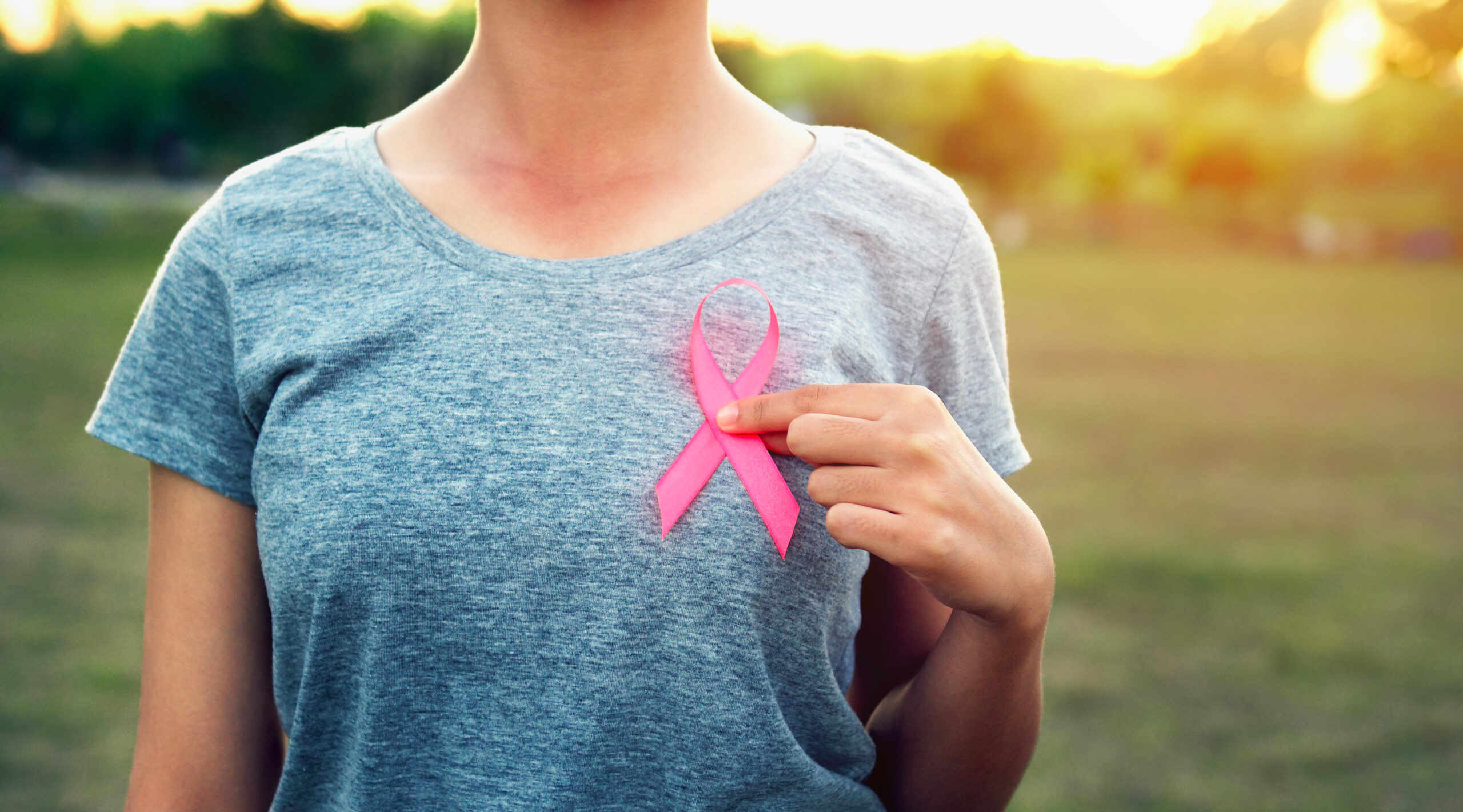Summer is here, and at Cheyenne OBGYN, we want every woman to feel confident, comfortable, and informed about their menstrual health. Managing your cycle can be challenging, but it is important to prioritize your well-being, especially during the summer months. Summer is when you want to enjoy time outdoors and unwind, so taking a few […]
Category: Uncategorized
How Spring Can Affect Your Menstrual Cycle
As we step into spring, it’s important to recognize how the seasonal changes can influence menstrual health for women. Factors like increased sunlight, shifts in activity levels, seasonal allergies, and mood changes all impact women’s regulation and cycle patterns. Spring doesn’t just transform the world around us–it also affects our bodies in subtle ways. Here […]
Coping with Infertility: Mental Health Tips and Support Resources
National Infertility Awareness Week takes place during the last week of April, shining a light on the challenges of infertility and is dedicated to empowering women to share their stories. At Cheyenne OBGYN, we want every woman facing infertility to know they are not alone in this journey. Infertility can be an emotionally complex journey, […]
How Your Diet Impacts Fertility: Tips for Conception from Cheyenne OBGYN
At Cheyenne OBGYN, we understand that starting or growing your family is an exciting journey, and your diet plays a significant role in fertility and conception. Consuming a balanced, nutrient-rich diet can enhance reproductive health, while poor dietary choices may hinder your chances of conceiving. Here’s how your diet impacts fertility and practical tips to […]
International Women’s Day: Prioritize Your Health This Month
On March 8, International Women’s Day is a day to celebrate women around the globe. At Cheyenne OBGYN, we want every woman to feel important, celebrated, and healthy this month. Taking care of your body can be difficult during this busy time of the year, but we encourage women to prioritize their health and take […]
Meet Wendy Avalos, FNP-C
A Passionate Advocate for Women’s Health At Cheyenne OBGYN, we’re delighted to welcome Wendy Avalos, FNP-C, to our team! With her extensive background in women’s health and her passion for patient care, Wendy brings both experience and empathy to the women of our community. A Journey Rooted in Compassion and Experience Wendy Avalos has dedicated […]
Prioritizing Mental Health and Self-Care During the Holiday Season
The holiday season can bring joyful celebrations, but it can also come with added stress and unique challenges. For many women, balancing family gatherings, end-of-year work pressures, and the expectations of a “perfect” holiday can lead to feelings of exhaustion, stress, and even the “holiday blues.” At Cheyenne OBGYN, we want to remind our community […]
Breast Cancer Screening Options
What Every Woman Should Know October marks Breast Cancer Awareness Month, a time to shed light on the importance of early detection. Regular screenings can help catch breast cancer early, significantly improving treatment outcomes. Cheyenne OBGYN is committed to empowering women with knowledge, so let’s explore the different breast cancer screening options available today. Why […]
Breast Cancer in Wyoming
Key Statistics and Resources Breast cancer is a significant health concern that affects women across the country, including right here in Wyoming. As we recognize Breast Cancer Awareness Month, it’s important to understand the impact of breast cancer on our state and the resources available to support those affected by this disease. By staying informed, […]
The Benefits of Yoga for Women at Every Stage of Life
In honor of Yoga Awareness Month, we’re highlighting how yoga can benefit women across the lifespan, from early adulthood through pregnancy, and beyond. At Cheyenne OBGYN, we believe in the power of holistic approaches to support women’s health, and yoga offers a simple, down-to-earth way to stay healthy, both mentally and physically. Whether you’re new […]









